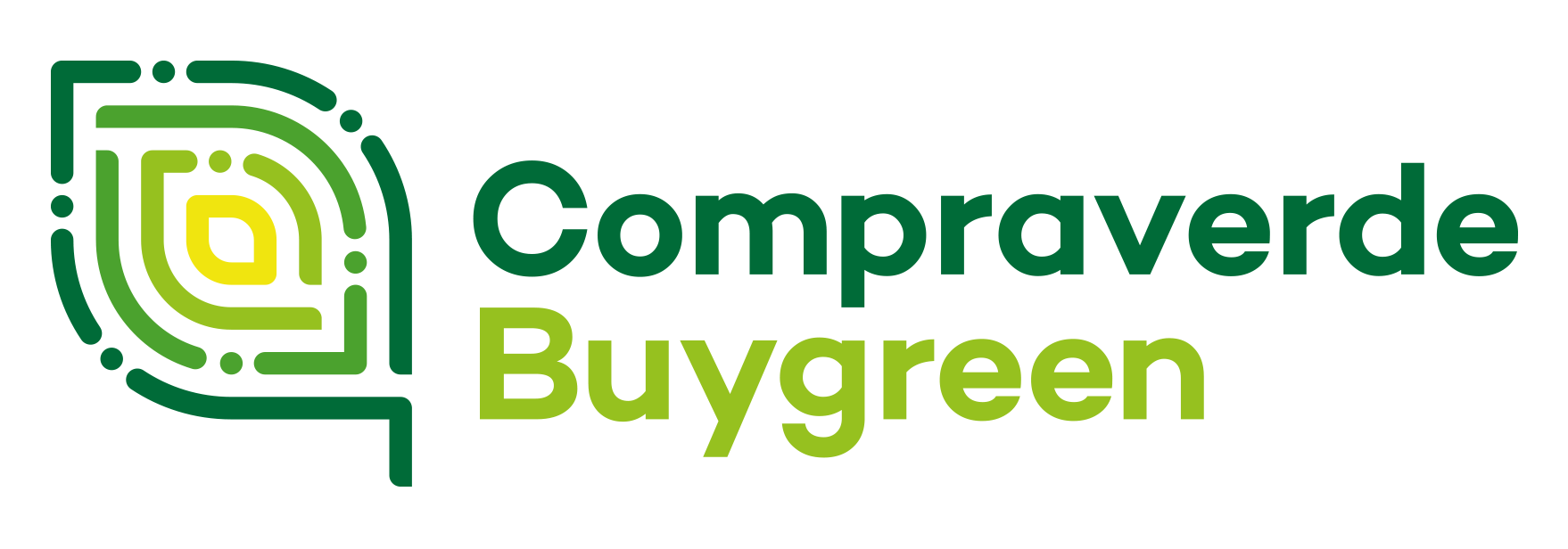Green Public Procurement legislation in Italy
Green Public Procurement legislation in Italy
In Italy, Green Public Procurement, i.e. the adoption of Minimum Environmental Criteria (CAM) in public procurement, became mandatory for supplies, services and works of any amount with the new Public Contracts Code (Legislative Decree 50 of 18 April 2016, in particular article 34, later corrected by Legislative Decree of 19 April 2017, no. 56).
Green Public Procurement (GPP) refers to “the approach whereby Public Authorities integrate environmental criteria into all phases of the purchasing process, encouraging the diffusion of environmental technologies and the development of environmentally sound products, through research and the choice of results and solutions that have the least possible impact on the environment throughout the entire life cycle”: adopting GPP means – according to the provisions of the National Action Plan for GPP (the PAN GPP approved by Interministerial Decree 135 of 11 April 2008, subsequently updated by Decree 10 April 2013) – complying with the Minimum Environmental Criteria, by Product category, approved by the Ministry of Ecological Transition, which can be found on the website dedicated to GPP.
The product categories for which to approve the Minimum Environmental Criteria (CAM), according to the provisions of Article 1 paragraph 1127 of Law 296/2006, are eleven: a) furnishings; b) construction materials; c) road maintenance; d) management of public green areas; e) lighting and heating; f) electronics; g) textiles; h) stationery; i) catering; l) hygiene materials; m) transport.
Article 34 stipulates that contracting authorities shall contribute to the achievement of the environmental objectives of the National Action Plan for GPP through the inclusion, in the design and tender documentation, at least of the technical specifications and contract clauses contained in the CAM. Furthermore, for the purposes of drawing up tender documents for the application of the criterion of the economically most advantageous offer, pursuant to Article 95, contracting stations must take into account the award criteria included in the CAM approved by the Ministry of Ecological Transition. Design and tender documents that do not comply with CAM are subject to appeal.
Companies are also required to bring their products and services in line with CAM in order to participate in tenders for supplies and services, while in tenders for works, construction materials and building components must be used that comply with the building CAM and the road CAM, the latter being defined.
Moreover, in order to encourage the adoption of products and services with product certification in tenders for supplies and services, and for the dissemination of environmental management systems and other organisational certification systems, the Public Contracts Code (Article 93, paragraph 7) provides that the amount of the guarantee is reduced:
- 50% for economic operators who have been granted, by accredited bodies, certification of their quality system in accordance with the European standards of the UNI CEI ISO9000 series;
- in contracts relating to works, services or supplies, by 30%, which may also be cumulated with the reduction referred to in the first sentence, for economic operators in possession of registration with the Community eco-management and audit scheme (EMAS) or 20% for operators in possession of environmental certification pursuant to the UNI ENISO14001 standard;
- in contracts relating to services or supplies, by 20%, which may also be cumulated with the reduction referred to in the first and second sentences, for economic operators in possession, in relation to goods or services constituting at least 50% of the value of the goods or services covered by the contract itself, of the EU Ecolabel;
- in contracts relating to works, services or supplies, by 15%, which may also be cumulated with the reduction referred to in the first, second, third and fourth periods for economic operators who develop a greenhouse gas inventory pursuant to UNI EN ISO 14064-1 or a product carbon footprint pursuant to UNI ISO/TS 14067;
- in service and supply contracts, by 30%, which may not be cumulated with the reductions referred to in the previous periods, for economic operators in possession of the legality rating and business rating or certification of the organisational model, pursuant to Legislative Decree no. 231/2001 or social accountability 8000 certification, or certification of the management system for the protection of workers’ health and safety, or OHSAS 18001 certification, or UNI CEI EN ISO 50001 certification regarding the energy management system or UNI CEI 11352 certification regarding the certification of operation as an ESC (Energy Service Company) for the qualitative offer of energy services and for economic operators in possession of ISO 27001 certification regarding the information security management system.
Finally, it should be recalled that Article 95 of the New Procurement Code considers the award criterion of the Economically Most Advantageous Offer to be the prevailing one, where, in the evaluation, “price” is replaced by “cost”, assessed by including the costs related to the acquisition, costs related to use – such as consumption of energy and other resources, maintenance costs, end-of-life costs, such as collection and recycling costs – and costs attributed to environmental externalities linked to products, services or works during their life cycle, provided that their monetary value can be determined and verified.
